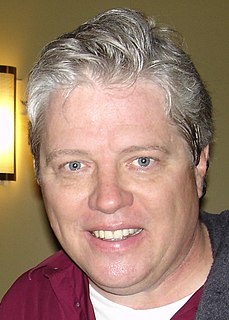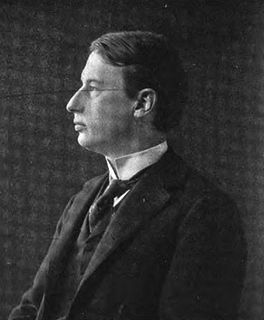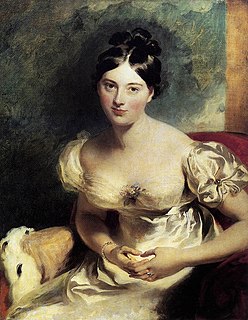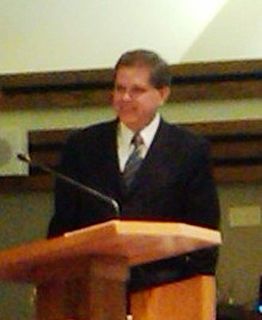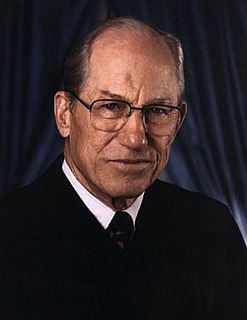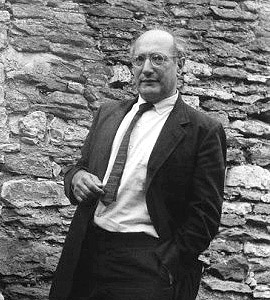A Quote by Thomas F. Wilson
A good judge should never boast of his power, because he can do nothing but what he can do justly: he is not the master, but the minister of the law. Authority without virtue is a very dangerous state.
Related Quotes
There should be a law that no ordinary newspaper should be allowed to write about art. The harm they do by their foolish and random writing it would be impossible to overestimate--not to the artist but to the public.... Without them we would judge a man simply by his work; but at present the newspapers are trying hard to induce the public to judge a sculptor, for instance, never by his statues but by the way he treats his wife; a painter by the amount of his income and a poet by the colour of his necktie.
Nobody has told Trump that he can't defund sanctuary cities, because the judge William Orrick did not rule that law unconstitutional. This was a pure exercise in nothing more but a refusal to acknowledge the authority vested in Donald Trump as president. This was nothing more than yet another judge essentially saying, "You don't have the power to do anything because I don't acknowledge you as president and I don't acknowledge your oath of office because you're not sane and you're not of sound mind to actually tell the truth when you take the oath of office."
We are born knowing nothing and with much striving we learn but a little; yet all the while we are bound by laws that hearken to no plea of ignorance, and measure out their rewards and punishments with calm indifference. In such a state, humility is the virtue of men, and their only defense; to walk humbly with God, never doubting, whatever befall, that His will is good, and that His law is right.
The church must be reminded that it is not the master or the servant of the state, but rather the conscience of the state. It must be the guide and the critic of the state, and never its tool. If the church does not recapture its prophetic zeal, it will become an irrelevant social club without moral or spiritual authority.
It is of dangerous consequence to represent to man how near he is to the level of beasts, without showing him at the same time his greatness. It is likewise dangerous to let him see his greatness without his meanness. It is more dangerous yet to leave him ignorant of either; but very beneficial that he should be made sensible of both.
You received the power, the authority, and the sacred duty to minister the moment you were ordained to the priesthood. President James E. Faust taught, “Priesthood is the authority delegated to man to minister in the name of God. “The Aaronic Priesthood holds the keys of the ministering of angels.
As you love His children, Heavenly Father will guide you, and angels will assist you. You will be given power to bless lives and rescue souls.
If the state cannot be entirely composed of good men, and yet each citizen is expected to do his own business well, and must therefore have virtue, still inasmuch as all the citizens cannot be alike, the virtue of the citizen and of the good man cannot coincide. All must have the virtue of the good citizen - thus, and thus only, can the state be perfect; but they will not have the virtue of a good man, unless we assume that in the good state all the citizens must be good.
The historian should be fearless and incorruptible; a man of independence, loving frankness and truth; one who, as the poets says, calls a fig a fig and a spade a spade. He should yield to neither hatred nor affection, not should be unsparing and unpitying. He should be neither shy nor deprecating, but an impartial judge, giving each side all it deserves but no more. He should know in his writing no country and no city; he should bow to no authority and acknowledge no king. He should never consider what this or that man will think, but should state the facts as they really occurred.
The Court is most vulnerable and comes nearest to illegitimacy when it deals with judge-made constitutional law having little or no cognizable roots in the language or design of the Constitution.... There should be, therefore, great resistance to ... redefining the category of rights deemed to be fundamental. Otherwise, the Judiciary necessarily takes to itself further authority to govern the country without express constitutional authority.
No one should judge that he has greater perfection because he performs great penances and gives himself in excess to the staying of the body than he who does less, inasmuch as neither virtue nor merit consists therein; for otherwise he would be an evil case, who for some legitimate reason was unable to do actual penance. Merit consists in the virtue of love alone, flavored with the light of true discretion without which the soul is worth nothing.
